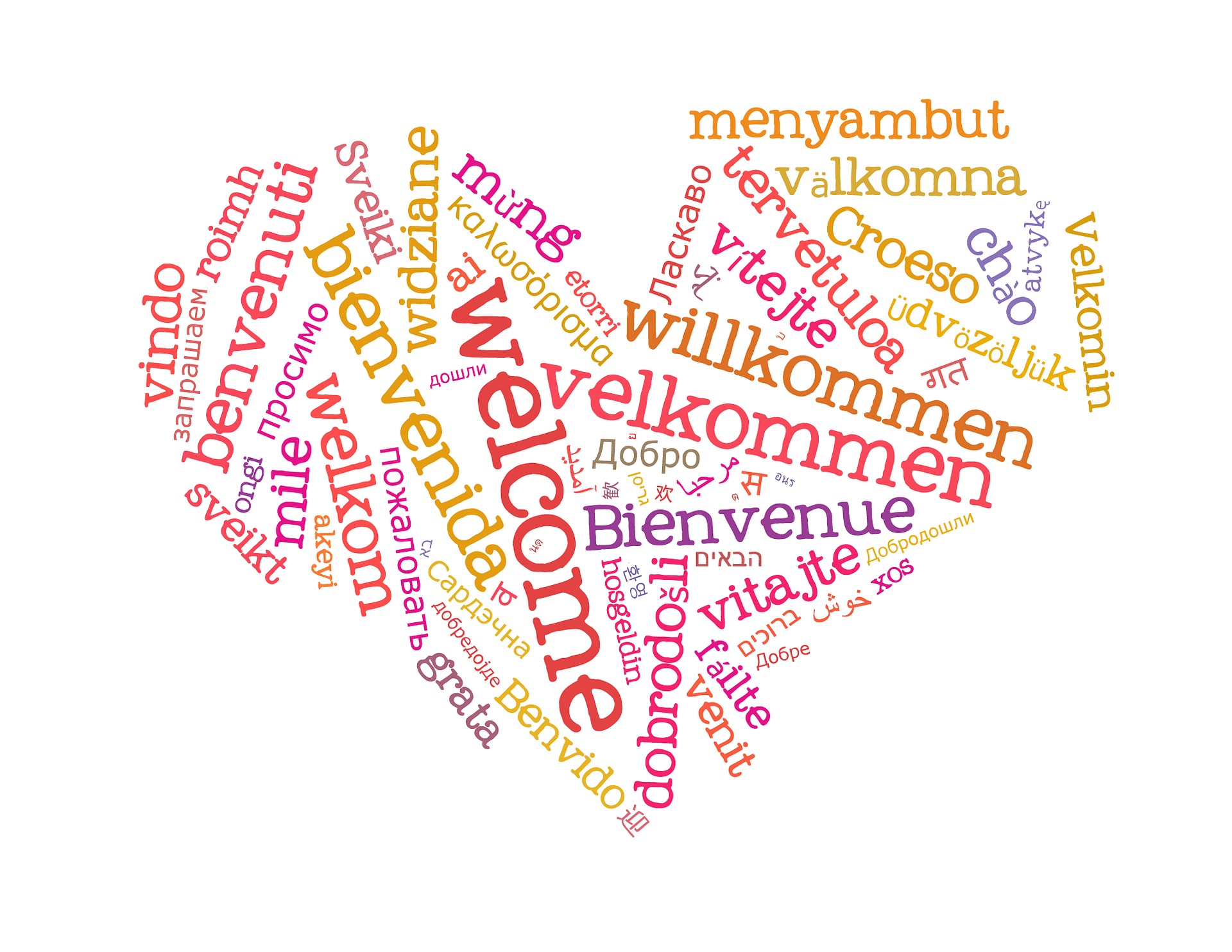Overcoming language barriers to social inclusion

Linguistic (as well as cultural and social) diversity are basic characteristics of today’s societies, mostly due to migration, globalisation, and new communication technologies. Using three nations with significant levels of linguistic diversity – Australia, China, and Germany – as case studies, this project explores how increasing linguistic diversity affects social participation, particularly in education, but also employment and health. We are mainly interested in identifying linguistic barriers to social participation and the policies and discourses that have been developed in response. One example to be studied is communication in the context of crisis. Despite their different socio-political traditions, linguistic barriers to full and equitable social participation in the three countries share many similarities. A central goal of the project will be to compare policy responses and share practical solutions to language problems.
